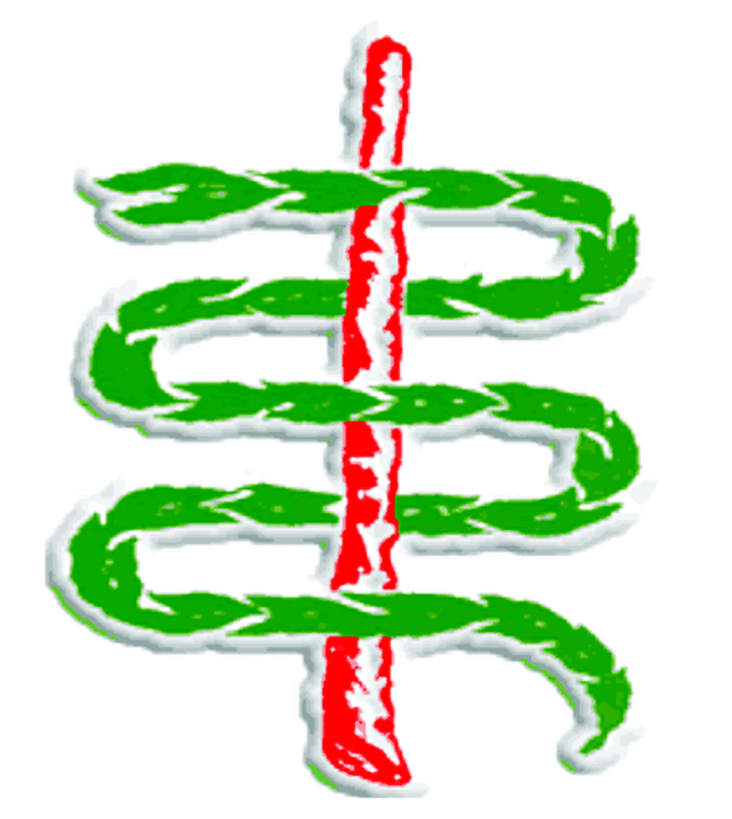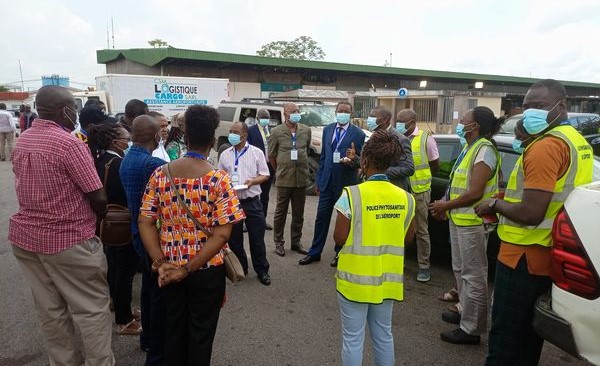Member states learn and share phytosanitary controls through a tour of Douala Airport and Seaport
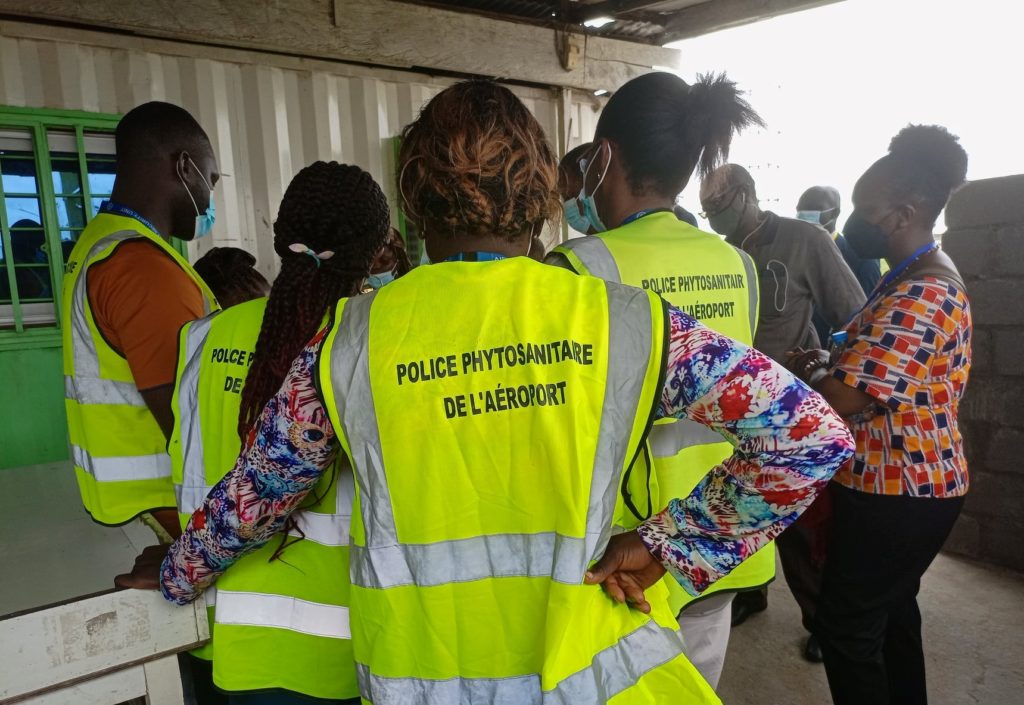
By Chipiliro Kansilanga in Douala, Cameroon
On Thursday, we took our 14 African member states attending the AU-IAPSC workshop, on a tour of cargo section of the Douala International Airport and later Douala Sea Port in Douala, Cameroon.
The week-long workshop was building their capacity in plant health legislation and international requirements through review, evaluation of phytosanitary compliance and capacity to manage plant health risks.
The tour allowed the member states to learn the phytosanitary processes undertaken in points of entry into and exit out of Cameroon and to appreciate the measures put in place to ensure safe trade.
Furthermore, there was intense sharing of knowledge and best practices between Cameroonian officials and the member states, all of who are experts in plant health in Africa.
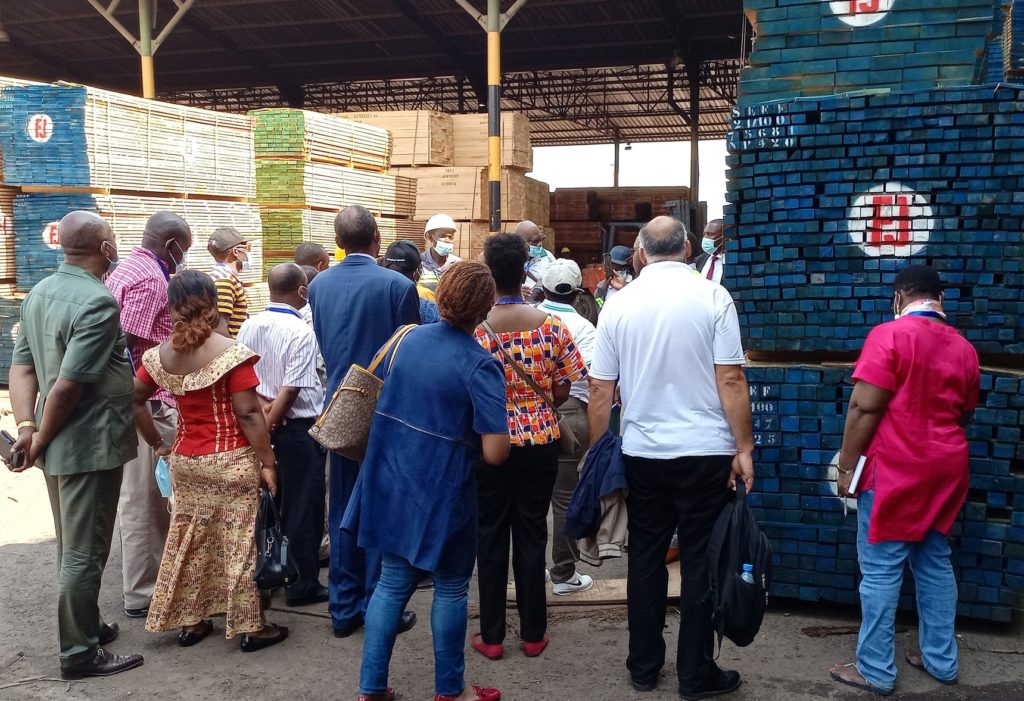
The visit also allowed for practical learning on the verification and clearance processes for both phytosanitary imports and exports, as well as control measures put in place by the Cameroonian government.
Most member states pointed out that challenges faced by Cameroonian government in phytosanitary control, are not necessary different from those of other member states, given that the African continent uses similar systems and processes.
The common challenges also unveiled the need for standardization of the electronic phytosanitary certification (e-phyto), solution which is established to help modernize phytosanitary processes by digitizing plant and plant health products.
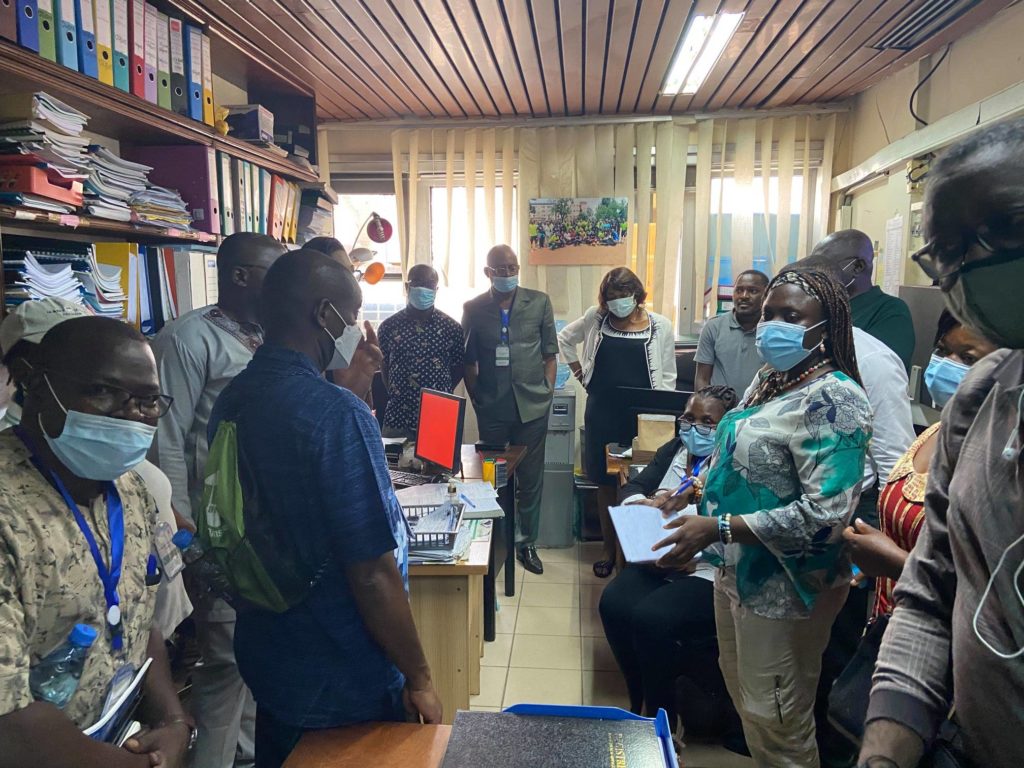 E-phyto has been touted as the solution for long-standing hurdles faced in phytosanitary process. The International Plant Protection Convention (IPPC), has been aiding governments to fully embrace and implement it in order to make trade simpler and better and also protect consumer safety.
E-phyto has been touted as the solution for long-standing hurdles faced in phytosanitary process. The International Plant Protection Convention (IPPC), has been aiding governments to fully embrace and implement it in order to make trade simpler and better and also protect consumer safety.
On the other hand, African Union Inter-African Phytosanitary Council (AU-IAPSC), has been coordinating with member states, regional economic communities (REC’s) and other partners, in strengthening the capacity of member states to have this implemented.
The tour of Douala International Airport and Douala Sear Port was therefore timely, as it allowed for a common understanding of the phytosanitary challenges especially in the absence of a fully-fledged workable e-phyto solution.
The tour members also appreciated the areas that Cameroon government is doing well in controlling plant health imports and exports.
Member states included Botswana, Kenya, Sierra Leone, Nigeria, Malawi, Congo Brazzaville, Zambia, Tunisia, Chad, Bukina Faso, Democratic Republic of Congo, Uganda, Cote d’voire, and the host Cameroon.
